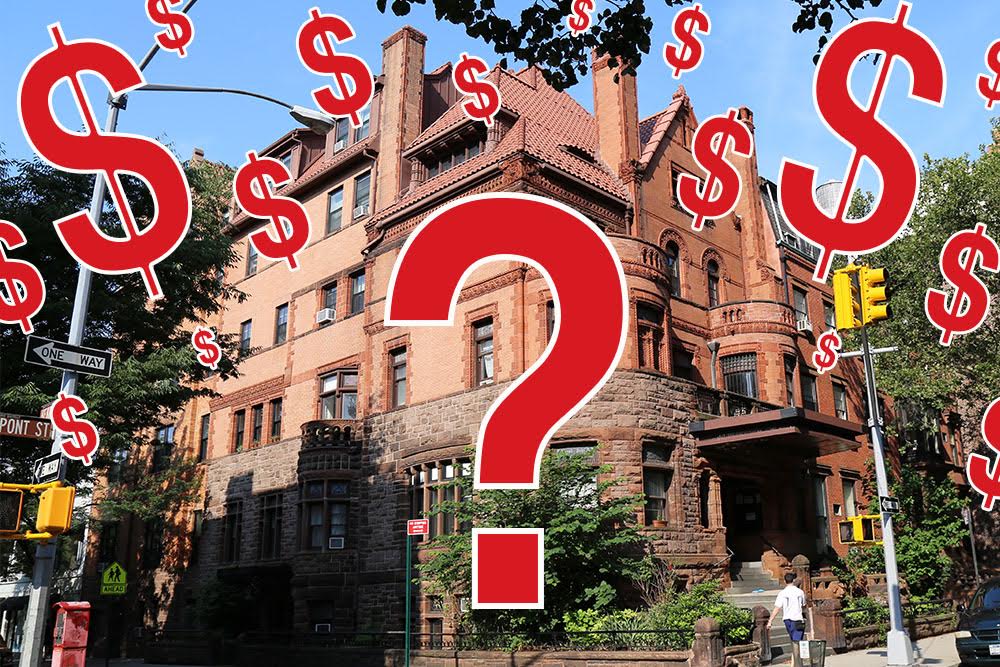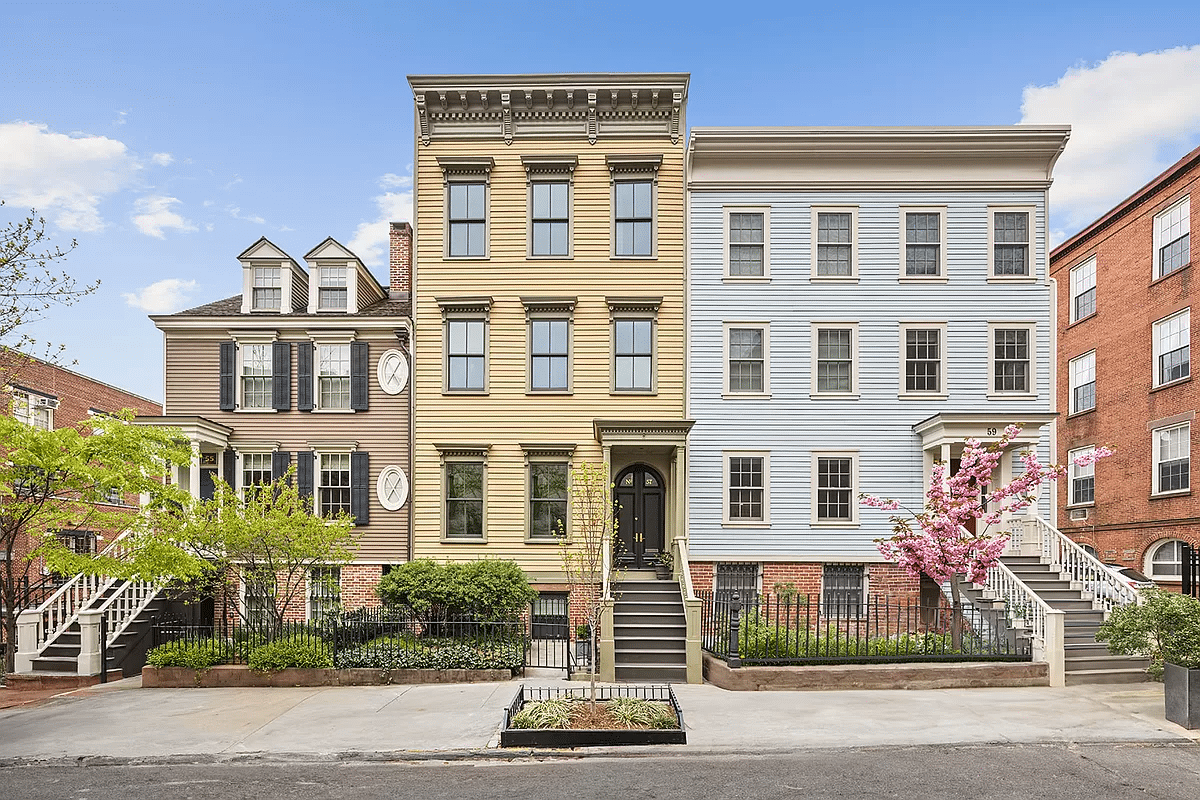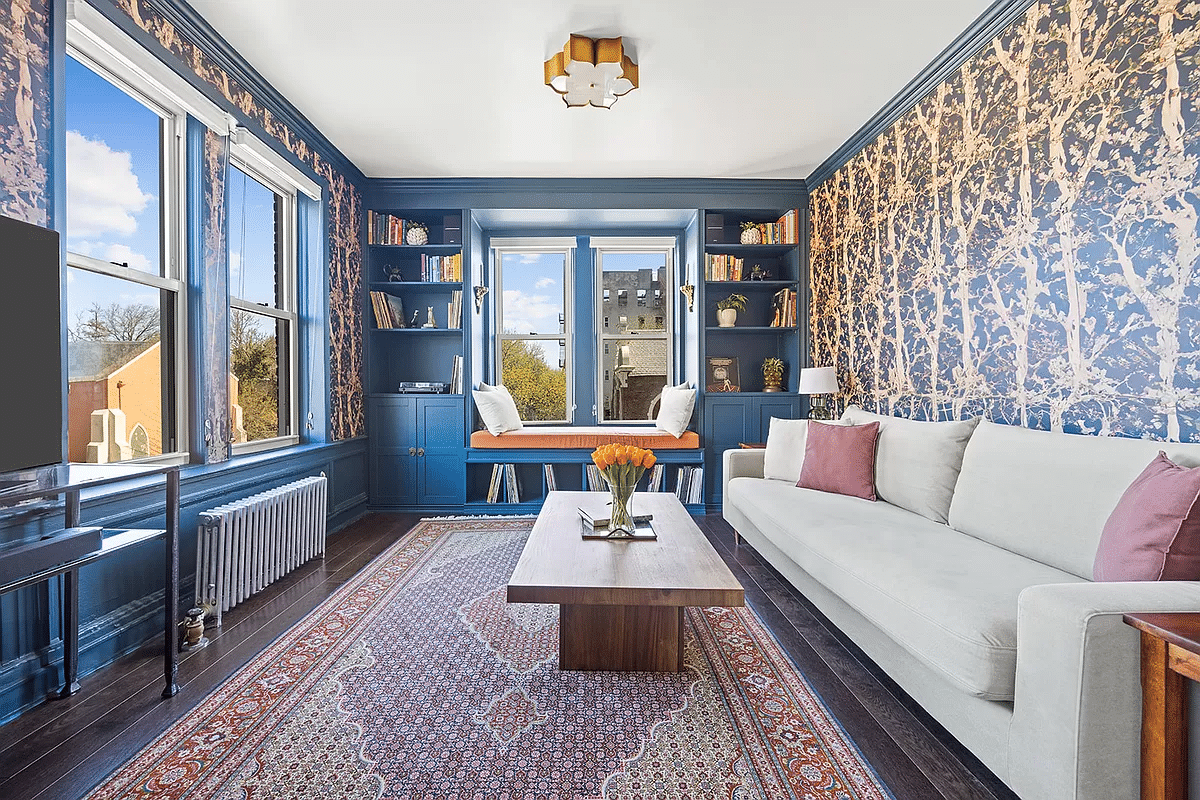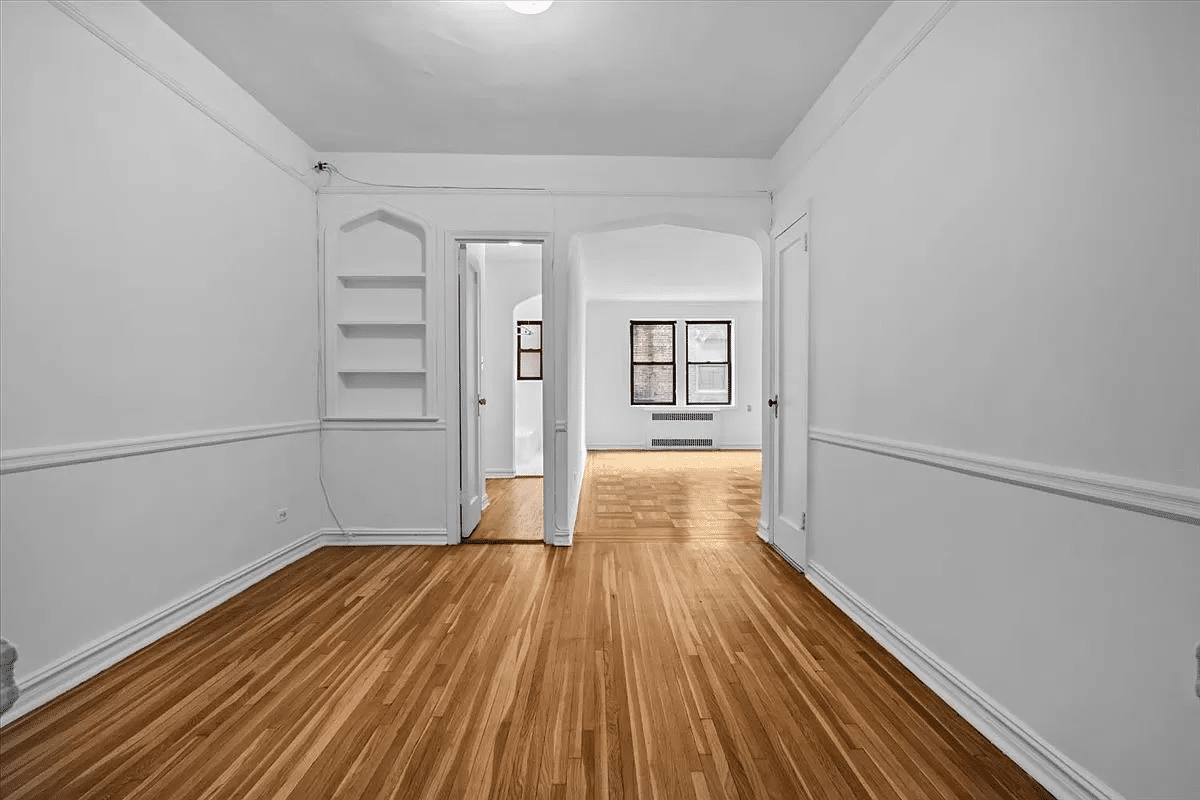Historic Preservation Is Not Just for the "Rich"
Does historic preservation create “special rich people neighborhoods”? Not according to Brownstoner commenter fiordiligi, who shared his experience in Tuesday’s post about preservation and elitism. We thought his comment had an interesting perspective and is worth a closer look: Homeowners in landmarked neighborhoods are not by definition “rich.” For example, I own a house in a…
Does historic preservation create “special rich people neighborhoods”? Not according to Brownstoner commenter fiordiligi, who shared his experience in Tuesday’s post about preservation and elitism. We thought his comment had an interesting perspective and is worth a closer look:
Homeowners in landmarked neighborhoods are not by definition “rich.” For example, I own a house in a landmarked neighborhood. I bought it in 1988 when there was almost no market for houses in this area despite the fact that it was landmarked. I bought it because after saving up for a down payment for many years, it was what I could afford; because I thought the neighborhood was beautiful; and because it had decent access to public transportation. I wasn’t rich then, and I’m not now — aside from the fact that the building has appreciated considerably. But I certainly never expected it to do so. And the building’s value means little to me at this point aside from the fact that I couldn’t afford to live in NYC if I hadn’t bought it when I did. And I am just as entitled as rich people to enjoy historic architecture — as are my tenants. My mortgage is paid off, and for me, this house IS affordable housing. Besides, the percentage of landmarked areas in NYC is too small to impact affordable housing in any case; and developers’ efforts to blame landmarking for their own greed in failing to build more affordable housing is nothing but laughable. Did they want to build in landmarked areas before rents and condo prices went through the roof? No, they cared nothing about landmarking. But now, suddenly, landmarking is a villain? Give me a break. Preservation of historic architecture is just as important as preservation of historic artwork — and that’s not an elitist statement. Human life is too short not to enable new generations to learn about, and appreciate, the history of architecture.









Historic preservation isn’t just for the “Rich”. The NYC middle class middle class probably benefits the most. The house rich, dollar poor crowd have moved up the economic ladder(whether they want to acknowledge it or not). “lower middle” to “middle class”, “middle class” to “upper middle class” etc
On the flip side, historic preservation definitely is not for the poor. I’m sure if you asked the NYCHA residents living across the street from Admirals Row what the felt about it, you wouldn’t find many supporters.
Though small, there is a landmarked area in Williamsburg. It is almost the entirety of Fillmore Pl, and the few buildings across Driggs from Fillmore.
I don’t completely disagree with you, especially as these home owners (even if they don’t want to sell) can often rent out 1-3 units in their building and make some very handsome rental income; they aren’t “poor” by any means. Even looking at things relative to the year the homes were bought, that was still a possibility.
.
Still, that’s as far as I’d agree with you.
Wealthy does not equal rich. I don’t disagree that they are now wealthy, but you started out saying they were rich.
You should stop using “rich” that refers to cashflow and “wealth” that refers to asset value interchangeably.
Do you not realize the wealth gap or disparity in incomes in Brooklyn? When I went looking it was common to find houses with 18 people packed into them, or 4-5 families in a 2 family house. And you have the arrogance to whine about being house rich and pocket poor. It’s disgusting.
You own a house in NYC, you’re wealthy. End of story period. Everything else you have to deal with is just an inconvenience. The fact some of them are 7 or 8 figures and you just can’t “tap into immediately” or “without selling” just makes you look that much more jaded when you claim to not be wealthy.
I have a house and I realize every day when I walk past people going into rental buildings or city housing how lucky I am.
I have a house in BK, I’m not jealous.
I just think it’s unrealistic that a bunch of people are whining about having amazing houses, poo pooing everyone that disagrees over the definition of what wealth is. Do you not realize the wealth gap or disparity in incomes in Brooklyn? When I went looking it was common to find houses with 18 people packed into them, or 4-5 families in a 2 family house. And you have the arrogance to whine about being house rich and pocket poor. It’s disgusting.
Kind of just sounds like you want to have your cake and eat it too. Deal with the fact that the markets and govts (prop taxes/permit boards) don’t really care what your preferences are.
I think you’re about 100% wrong. There are plenty of options available to you but they all seem to be inconvenient. Perhaps you could alleviate some of those inconveniences by selling your house at a nice profit and moving to a smaller place or one further out that costs less.
I disagree with you, there were rich, they lived in a HOUSE in NYC. A place where people rent closets in the village for 2000/mo. They got entire floors to themselves! At the top of everyones list in NYC is space, what an asset to have, rooms to be lived in, rooms to be ignored, a separate kitchen that isn’t connected to a bedroom?!
Oh you don’t think your wealthy? Why don’t you go accross the street to the new apartment building and see how much the 2000/mo 1br that is apx 600 sq ft and tell me that you don’t live an affluent lifestyle?
Was it when they purchased? No. But that isn’t relevant to the present conversation. Because if the asset never appreciated we simply wouldn’t be having this discussion.
As for your friend that sold the house, well why did they sell? Where did they think they were going? What was the point of selling if not to move away? Did they think that other home prices didn’t rise? I’m confused by their decision and expectations.